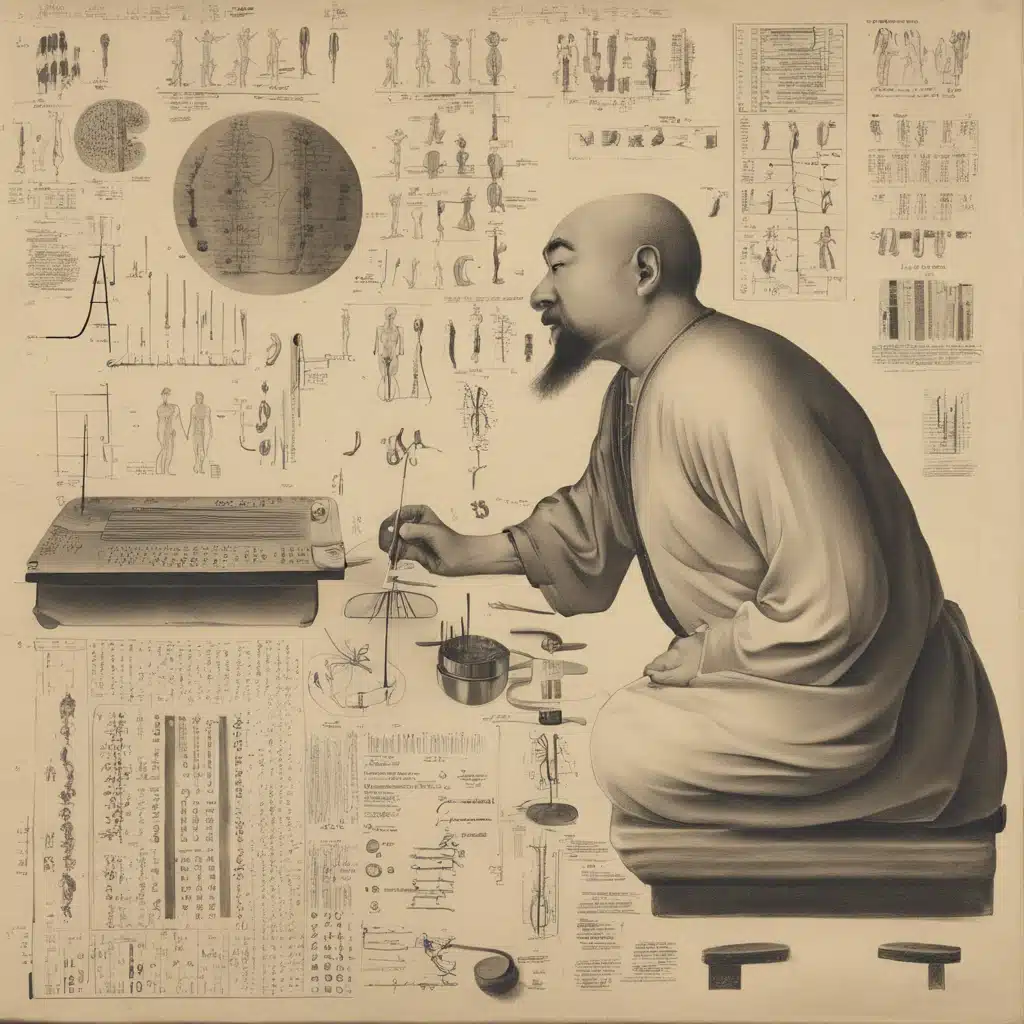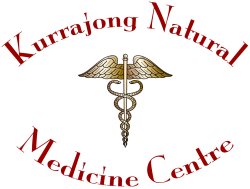Acupuncture Research
Acupuncture Research: An Overview of Research & Findings
Acupuncture Research: Introduction
Acupuncture, a key component of traditional Chinese medicine, has been practiced for thousands of years. Known for its unique approach to treating various health conditions through the insertion of needles at specific body points, acupuncture has garnered considerable attention in both Eastern and Western medical communities.
In recent years, a significant amount of research has been conducted to evaluate its efficacy, mechanisms, and potential applications in contemporary healthcare. Here we delve into the latest findings, discussing the effectiveness and scientific basis of acupuncture.
Acupuncture research has been particularly challenging for the western scientific methods, which are slowly being adapted to enhance the effectiveness of clinical studies. A range of different methodologies such using functional magnetic resonance imaging (fMRI) are being used to provide more robust research results. Waiting Room groups as opposed to sham-acupuncture as controls have also added to more robust results from studies.

Acupuncture Research: The Historical Context and Modern Adaptation
Acupuncture, deeply rooted in the ancient tapestry of traditional Chinese medicine (TCM), boasts a rich history spanning thousands of years. Originating in China, it evolved as a therapeutic practice intricately woven into the fabric of Eastern cultures.
The essence of acupuncture lies in the concept of balance and harmony within the body, with the vital life force, known as Qi, coursing through meridians (also referred to as Channels). These meridians are believed to be channels connecting different parts of the body, and any disruption in the flow of Qi is considered a precursor to illness.
The insertion of needles at specific body points, the hallmark of acupuncture, is grounded in the belief that these actions restore the equilibrium of Qi, promoting health and well-being. Over centuries, acupuncture has transcended its cultural origins and has become a global phenomenon, capturing the fascination of practitioners and patients alike.
Acupuncture Research Methodology in Studies
Acupuncture research utilises Sham acupuncture as a control in studies assessing the effectiveness of acupuncture, can vary significantly in its methods. These methods include superficial needle insertion at non-acupoints, the use of non-penetrating needles, application of pressure without penetration, and deactivated electrical stimulation or detuned laser. This variation in sham acupuncture techniques can introduce heterogeneity in research studies.
Some authors argue that certain types of sham acupuncture use a noninvasive placebo needle, or needle penetration at non-acupoints, might produce physiological effects similar to acupressure. This suggests that these forms of sham acupuncture may act more like acupressure than a true placebo.
Other authors suggested that treatments like acupressure or transcutaneous electrostimulation, when applied at acupoints, should be considered adjunctive treatments rather than controls. A better model for use as a control is the Waiting Room model. In this model the people in the control group have nothing done to them at all, thus there are no unintended effects from placebo ‘treatments’. The results of the treatment group are then compared to the people in the Waiting Room gourd. The waiting room group will receive the same treatment as the treatment group after the study has been completed.
Acupuncture Research: Acupuncture’s Effectiveness in Pain Management
One of the most researched aspects of acupuncture is its effectiveness in pain management. Studies have demonstrated that acupuncture is effective in treating various types of pain, including chronic low back pain, neck pain, osteoarthritis, and migraine headaches. Meta-analyses published in scientific journals concluded that acupuncture was associated with significantly reduced pain intensity compared to sham procedures and no-acupuncture (Waiting room) control groups.
Acupuncture Research: Mechanisms Behind Acupuncture’s Effectiveness
Understanding how acupuncture works has been a subject of considerable interest. Research suggests multiple physiological mechanisms. These include the stimulation of the nervous system, leading to the release of neurotransmitters and endorphins, which are natural painkillers. Additionally, acupuncture is believed to have anti-inflammatory effects and to improve blood flow, which promotes tissue healing and pain relief.
Acupuncture Research: Acupuncture into Mental Health Treatment
Acupuncture has also been explored as a treatment for various mental health conditions, including anxiety, depression, and stress. Clinical trials indicate that acupuncture has a calming effect on the nervous system, reducing symptoms of anxiety and depression. It is posited that acupuncture affects the brain’s limbic system, regulating emotions and stress responses.
Acupuncture’s Journey Into Mental Health: A Holistic Approach
While the roots of acupuncture firmly anchor it in the realm of physical well-being, the horizon of its efficacy extends far beyond pain management. In recent years, researchers and practitioners have increasingly turned their attention to the profound impact acupuncture may have on mental health. This shift reflects a growing recognition of the interconnectedness between the mind and body and a desire to explore holistic approaches to address mental health conditions.
Unveiling the Calming Touch: Acupuncture in Anxiety Management
Clinical trials investigating the role of acupuncture in anxiety management have yielded promising results. Anxiety, a pervasive and often debilitating mental health condition, has been a focal point of interest for researchers seeking alternative and complementary interventions. Acupuncture emerges as a potential ally in this endeavour, with studies indicating a notable reduction in anxiety symptoms following acupuncture sessions.
The mechanism underlying this calming effect appears to be intricately linked to the nervous system. Acupuncture’s gentle stimulation of specific points on the body is thought to modulate neural pathways, prompting the release of neurotransmitters that play a key role in regulating mood and anxiety. This neurobiological dance offers a unique perspective on how acupuncture interacts with the intricate web of signals governing emotional states.
Lifting the Veil on Depression: Acupuncture as a Mood Regulator
Depression, characterised by persistent feelings of sadness and a lack of interest or pleasure, poses a significant global health burden. In the quest for diverse and effective treatments, acupuncture has emerged as a potential mood regulator. Clinical trials exploring acupuncture as an adjunct therapy for depression have reported improvements in both depression and anxiety.
The limbic system, a complex network of structures deep within the brain, is thought to be a focal point of acupuncture’s influence. This intricate system governs emotions, memory, and stress responses. The insertion of acupuncture needles is believed to trigger responses within the limbic system, leading to the release of neurochemicals that contribute to a more balanced and stabilised mood. The holistic nature of acupuncture aligns with the multifaceted aspects of depression, offering a potential avenue for comprehensive treatment.
Stress Reduction: Acupuncture’s Impact on the Overworked Mind
In our fast-paced, modern lives, stress has become an omnipresent companion, impacting both physical and mental well-being. Acupuncture’s role in stress reduction has garnered attention as individuals seek alternatives to manage the demands of daily life. The ancient practice, with its roots in balancing the body’s energy, has been found to induce a state of relaxation, counteracting the physiological and psychological toll of chronic stress.
The limbic system once again takes center stage in the stress-reducing effects of acupuncture. By influencing this crucial brain region, acupuncture appears to modulate the body’s stress response, regulating cortisol levels and promoting a sense of calm. This holistic approach aligns with the understanding that stress is not merely a mental phenomenon but a physiological one, requiring a comprehensive intervention.
A Symphony of Neurotransmitters: Understanding Acupuncture’s Influence
The intricate dance between acupuncture and mental health involves a symphony of neurotransmitters. Serotonin, often referred to as the “feel-good” neurotransmitter, plays a central role in mood regulation and is influenced by acupuncture. Endorphins, the body’s natural painkillers, are also released during acupuncture sessions, contributing to a sense of well-being and relaxation.
GABA (gamma-aminobutyric acid), a neurotransmitter known for its calming effects, has been implicated in the anxiolytic (An anxiolytic is a medication or other intervention that reduces anxiety) properties of acupuncture. The modulation of these neurotransmitters forms a complex yet harmonious interplay, highlighting the multi-faceted impact of acupuncture on mental health.
Navigating the Future: Acupuncture as an Integrative Mental Health Tool
As the body of evidence supporting acupuncture’s role in mental health continues to grow, there is a collective shift towards embracing a more integrative approach to mental healthcare. Acupuncture, with its minimal side effects and holistic philosophy, aligns with the evolving landscape of mental health treatment.
Future Directions in Acupuncture Research
The future of acupuncture research looks promising, with an emphasis on more rigorous methodologies and larger-scale studies. There is also growing interest in exploring the integration of acupuncture with other treatment modalities and its application in public health. Additionally, advancements in technology, such as neuroimaging, offer new avenues to understand the mechanisms behind acupuncture’s mechanisms and effects.
Conclusion
Acupuncture represents a fascinating intersection of ancient wisdom and modern science. While challenges exist in fully unraveling its complexities, the body of research conducted to date provides compelling evidence of its potential benefits in various areas of health. As acupuncture research continues to evolve, acupuncture stands poised to play an increasingly significant role in holistic and integrative approaches to healthcare.
To read journal articles about acupuncture research, visite PubMed. In addition, Acupuncture research into its effectiveness in the treatment of many health issues can be found here:



